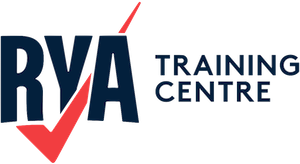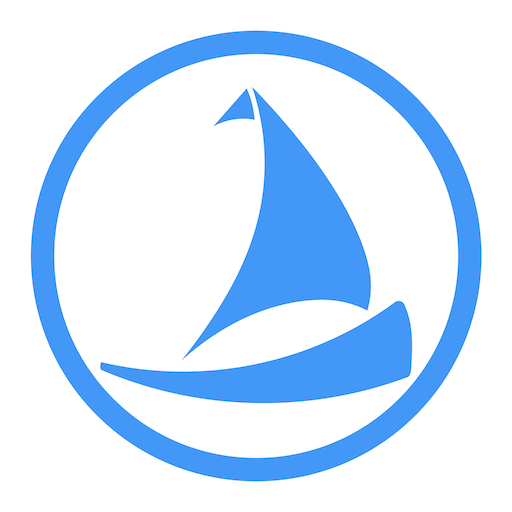International Maritime Conventions
Legally binding agreements established by global maritime organisations to standardise regulations and ensure international shipping safety, security, and environmental protection.
International Maritime Conventions are primarily developed and adopted by the International Maritime Organization (IMO), a specialised agency of the United Nations regulating shipping. These conventions are designed to create a uniform framework that governs various aspects of maritime operations, ensuring that ships, regardless of their flag state, adhere to the same standards when navigating international waters. The conventions cover many topics, including the safety of life at sea, pollution prevention, ship construction, crew qualifications, and maritime security.
One of the most well-known conventions is the International Convention for the Safety of Life at Sea (SOLAS), which was first adopted in 1914 following the Titanic disaster and has since been updated multiple times. SOLAS sets minimum safety standards for ship construction, equipment, and operation. Another critical convention is the International Convention for the Prevention of Pollution from Ships (MARPOL), which aims to minimize pollution of the oceans and seas, including oil spills, chemical discharges, and waste disposal.
Conventions like the International Convention on Standards of Training, Certification, and Watchkeeping for Seafarers (STCW) ensure that seafarers are adequately trained and certified for their roles aboard vessels. At the same time, the International Convention on Load Lines (LL) regulates the minimum permissible freeboard (the distance between the waterline and the main deck) to prevent ships from being overloaded.
Once the IMO adopts a convention, it is up to individual member states to ratify and implement the convention into their national laws. A convention typically enters into force after a specified number of countries, representing a certain percentage of the world’s merchant shipping tonnage, have ratified it. Once in force, the convention becomes a binding legal instrument for the countries that have ratified it, and they are responsible for enforcing its provisions on ships flying their flag.
Compliance with these conventions is monitored through inspections and certifications, often conducted by port state control authorities or classification societies. Ships that violate these conventions may face penalties, including detention, fines, or even being banned from entering certain ports.
International Maritime Conventions are essential for maintaining a safe, secure, and environmentally responsible global shipping industry. They provide a standardised set of rules that all ships must follow, regardless of where they are registered, ensuring that maritime operations are conducted consistently across the world’s oceans.

